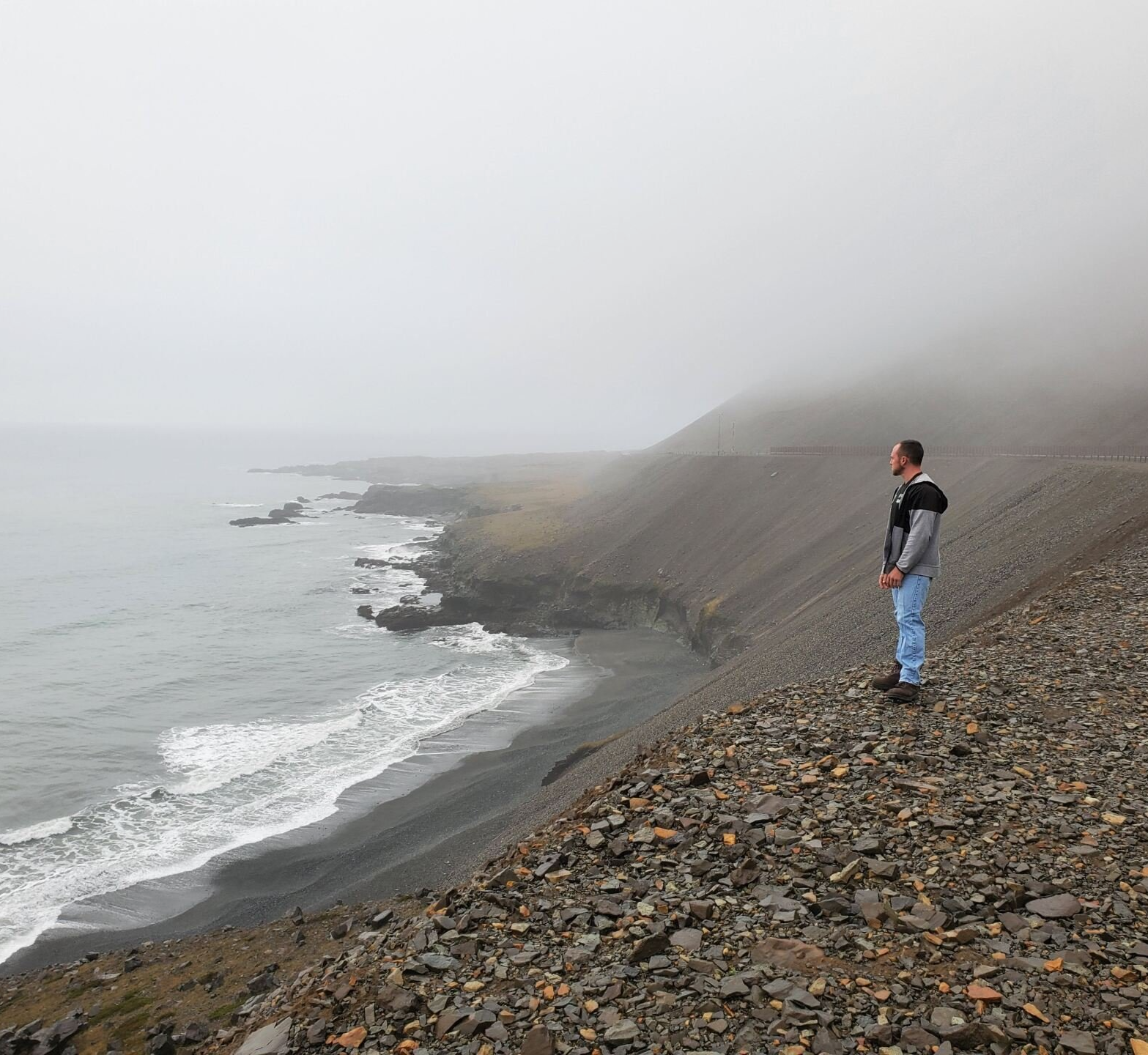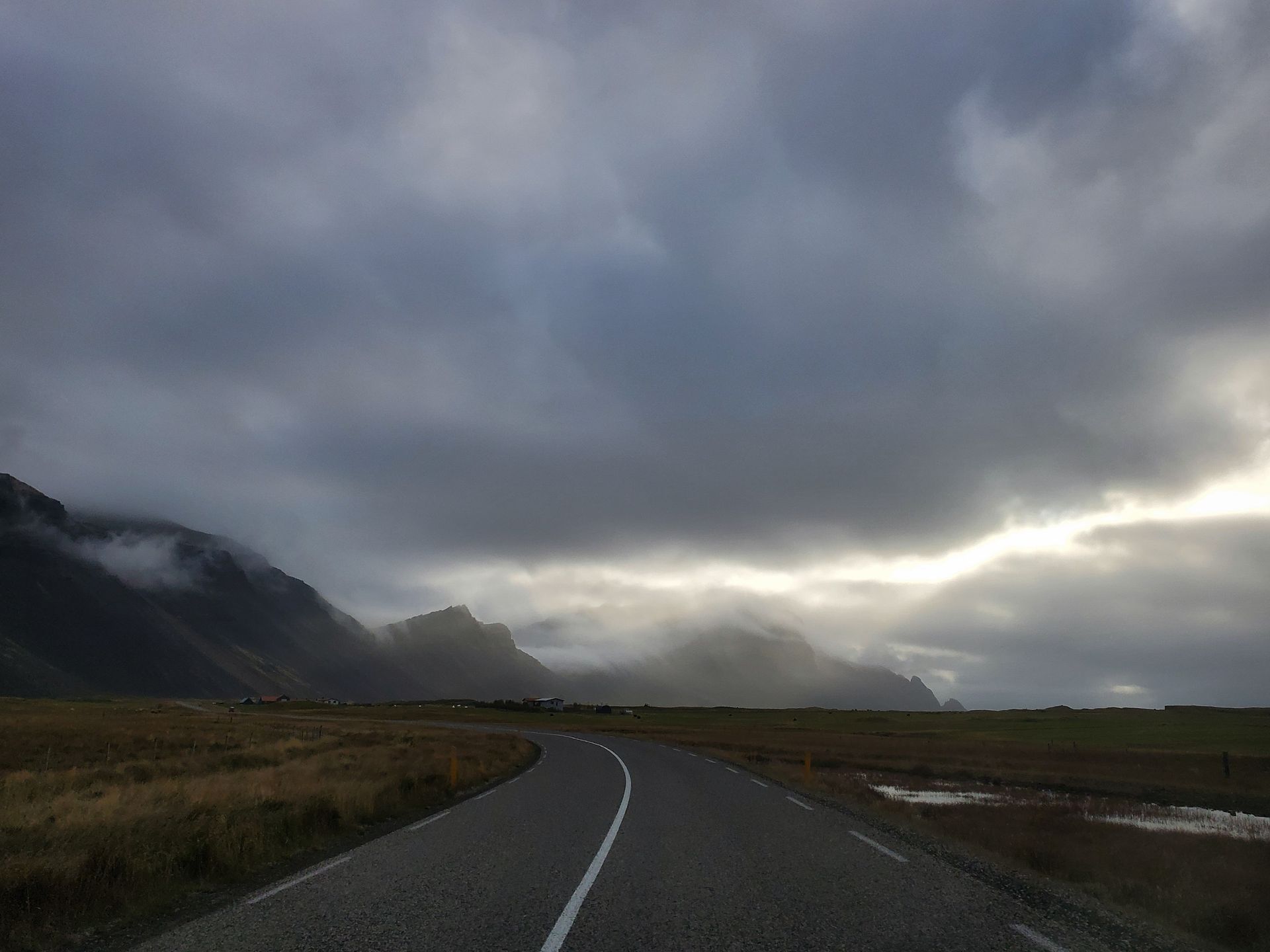Can Art Be Perfect?
Can art be perfect?
Is it possible to capture the perfect photo or write the perfect book?
I don’t think so, but that inspires me.
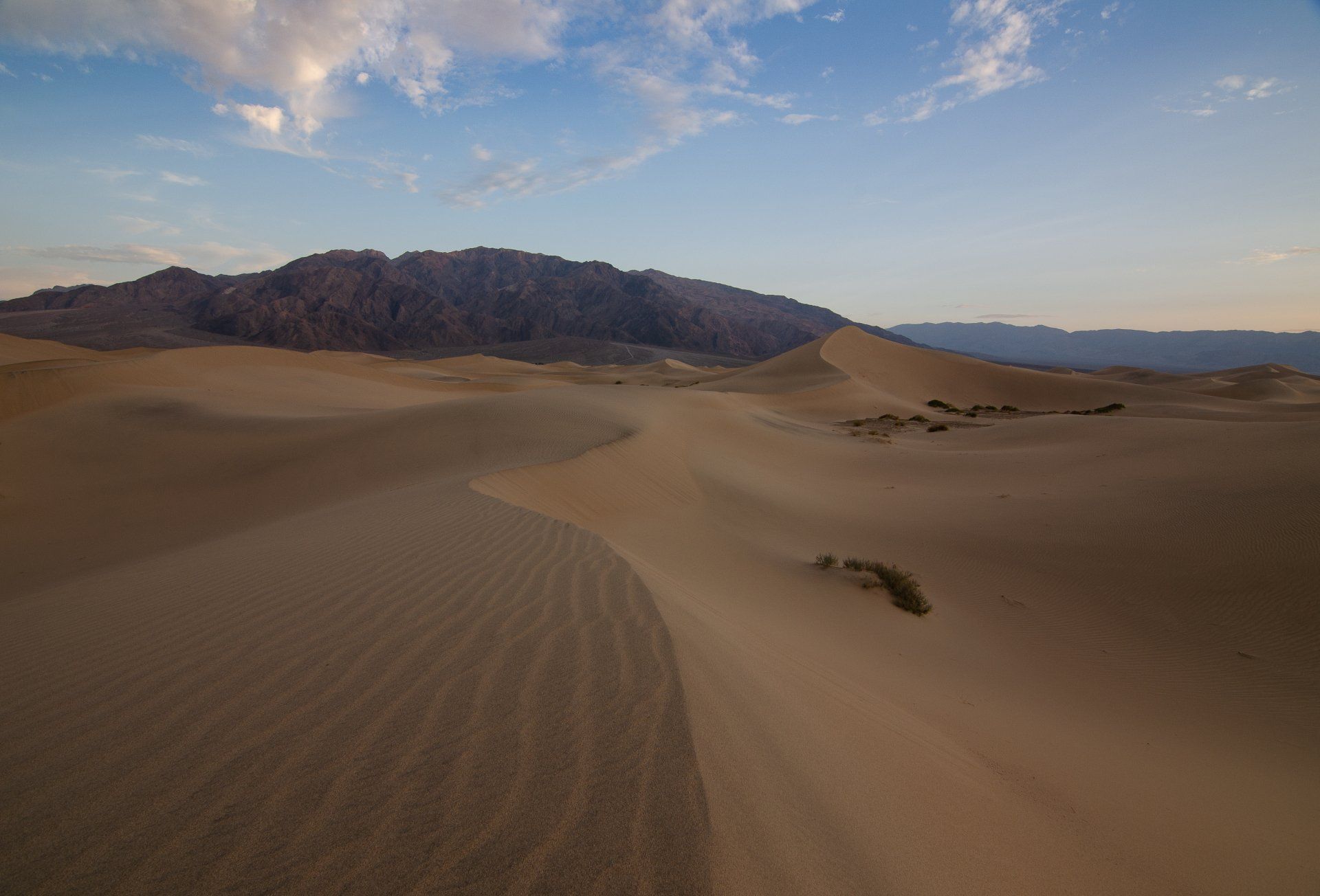
This is my favorite shot. More than any other, it shows my drive for perfection. The sky, with colors so soft you could cry. The sand, with calm so pure you could sleep. I chased a feeling here, something barely grasped. The echo of sanctuary, of uninterrupted rest. The dream of home, a memory from before time.
I crave more than this world offers. It’s why I write and practice photography. It’s why I’m restless for the next trip, the next discovery. It keeps me seeking, always moving, ever hungry. This pursuit inspires my art. This chase keeps me going.
I believe we have a soul, and I believe this soul understands the emptiness in our lives. It longs for something deeper because it knows there is something deeper.
"He has put eternity into man's heart, yet so that he cannot find out what God has done from the beginning to the end"
(Ecclesiastes 3:11).
There are many views for our existence, but I believe in a God who desires relationship with us; He offered it through His Son, Jesus Christ. I believe Jesus offers the hope, beauty, and restoration we all crave.
These values drive my art. If my novels or photos contain these ideas—even if only a glimpse—the process is worthwhile. The hours of editing photos, staring at the screen until my eyes glaze over. The years of editing storylines, scrambling to make sense of a messy plot because something about the characters won’t let me go; I either write them or go crazy. All of it comes from my pursuit of perfection, the chase for true hope, beauty, and restoration.
My first novel was one such pursuit. It came after thirteen years of writing.
And yet.
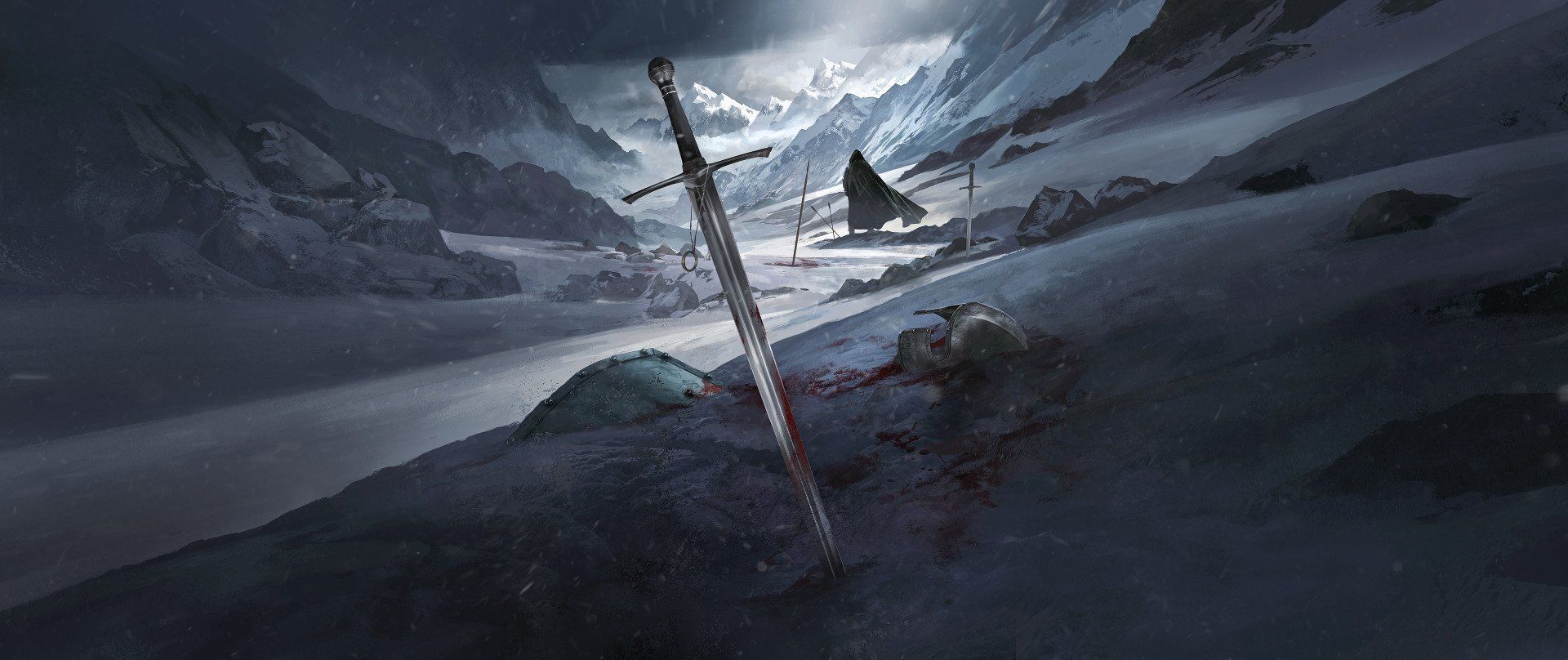
Bygone isn’t perfect. Nowhere close. Today, I look at the first page and cringe. The writing is so awkward. The dialogue is so stiff. The vocabulary jumps between college curriculum and your typical fantasy work. The character arcs could’ve been trimmed down, and some of them probably should’ve waited for future novels.
But buried in those words, I caught a glimpse of something else: the hope, beauty, and restoration I sought. It arrested my attention and urged me to self-publish. If it impacted me, couldn’t it impact others? If my protagonist—Irya—helped me through my own depression, couldn’t she help someone else?
That’s why I released Bygone as an Amazon ebook for 99 cents. Is this a strange admission for a debut novel? Probably. Could the story have used more work? Undoubtedly. But when don’t they?
Bygone was finished long before I self-published. I didn’t know what was missing, but I finally decided it was selfish to keep hiding the story. Since Bygone’s last draft, I’ve finished five other novels. My prose gets better, my characters more genuine, but the tension never leaves.
I can fix all the grammar, character arcs, and dialogue, but as excited as I am with my current novel—a fantasy western releasing on February 1st—I know that one day, I’ll look at it and see where it fell short.
I now see why so many artists struggle with depression or suicidal ideation: our art—the thing that gives our life expression, meaning, and joy—is never good enough. Something always escapes us.
Is it possible to capture a precise moment in your writing, to convey the emotions you struggled to comprehend when you took the photo? The colors that make you want to cry. The beauty that makes you want to…
…I don’t know.
Is it possible to describe it?
“The word is only a representation of the meaning; even at its best, writing almost always falls short of full meaning.”
“On Writing,” by Stephen King (page 118)
Can words bring us closer to what we’re trying to say? Perhaps. Do they ever hit the nail on the head? I don’t think so.
Artists make art that brings us closer to understanding what they sense, what they imagine so clearly but struggle so mightily to convey because we are, all of us, imperfect vessels striving for perfection.
Our art gets close, but it’s never enough.
At the same time, our art inspires us to hope, to dream. Our art inspires us to keep going, to keep running.
It urges me to describe what I felt during a sunset in the buttes of Utah, when the world glowed like it was glazed with honey. Or to illustrate a sunrise over the Dakota badlands when the world was so still, I could barely breathe for fear of shattering it. Or to express the magnitude of an Olympic Mountain Range sunset where the colors of the flowers were so rich, I hesitated to take the photo for fear people would say it was altered in Photoshop.
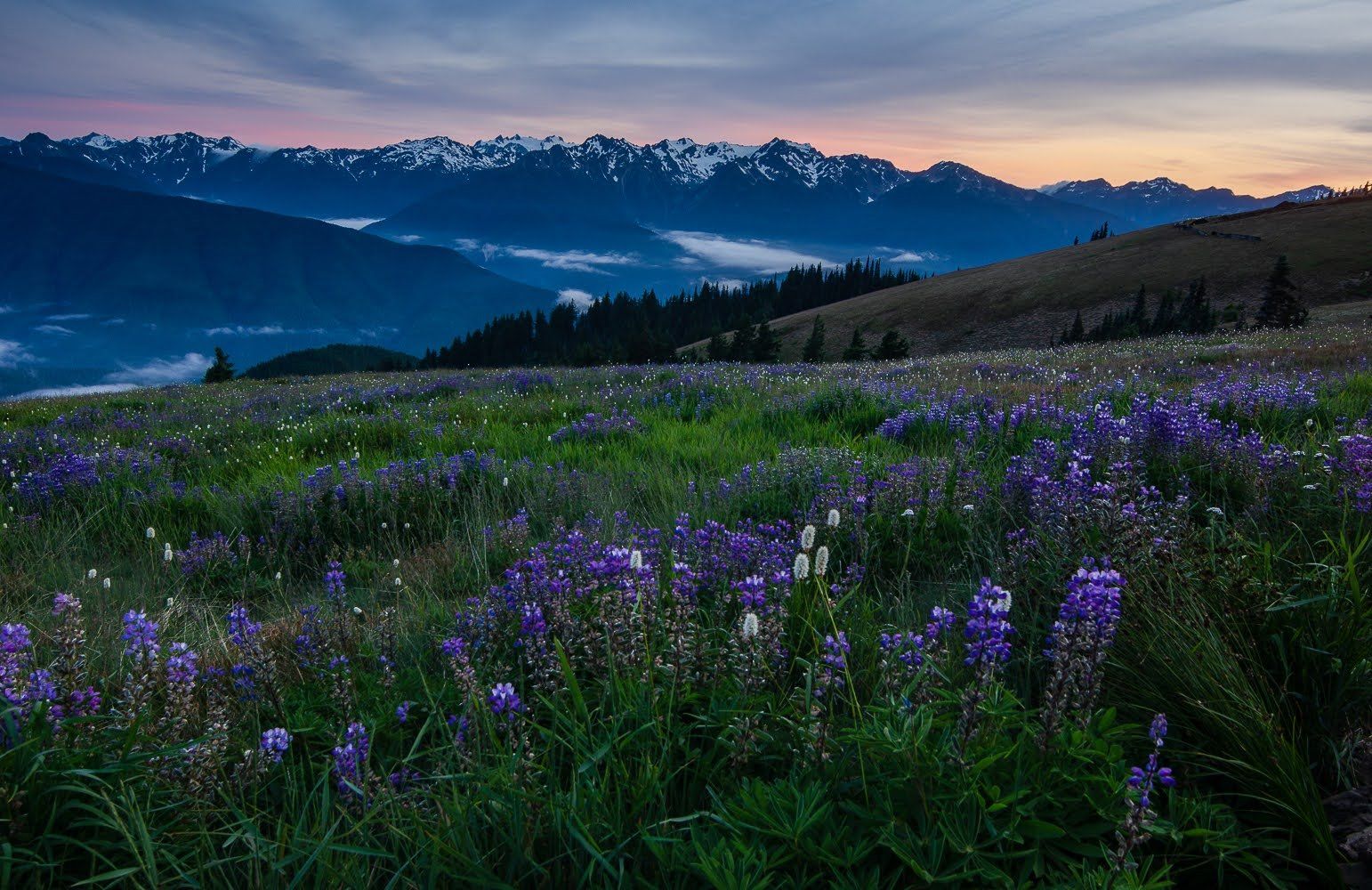
Take the picture, and you risk oversaturated colors. Wax eloquent in writing, and people call it purple prose. So you give readers just enough, a hint of your desire. You give viewers a snapshot, the pale, one-dimensional image of the majesty you’ve experienced.
But it keeps everyone hoping, dreaming, chasing. It’s a journey that never ends, a fight that never ceases. It keeps us young, alive, thoughtful. It keeps us bold, willing to take risks and unwilling to settle for our world’s cynicism.
At least, that’s why I make art. I consider it a noble goal, a proud endeavor. I don’t think my writing or photography will ever be perfect. I don’t think it will ever capture the entirety of what I wanted.
But I’d rather try than keep the thoughts locked away and the imagination buried. I’d rather leap for the stars behind the ashen clouds and gray rain. If I settled for anything else, I’d be refusing to hope.
And that, friends, is the quickest path to death.
